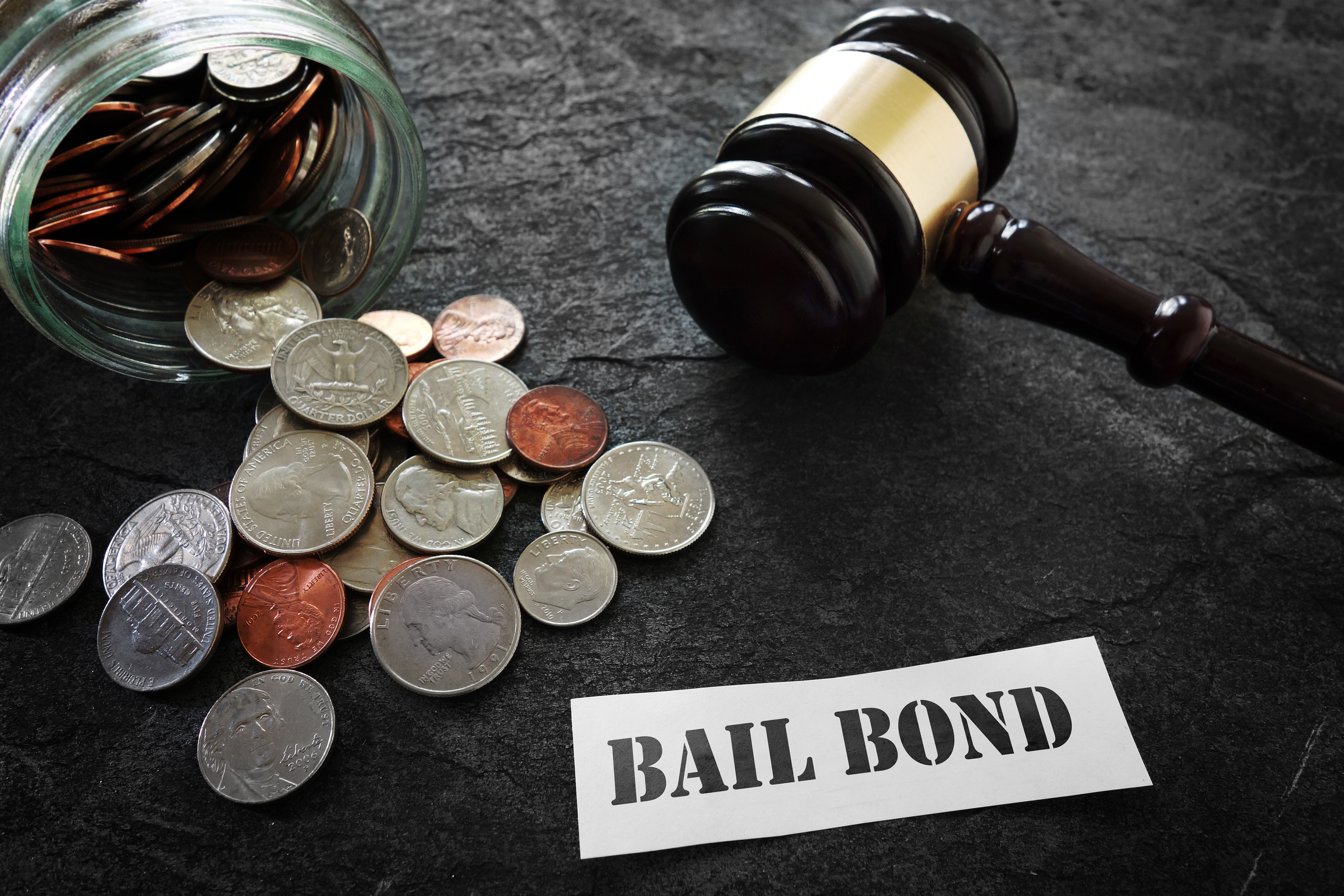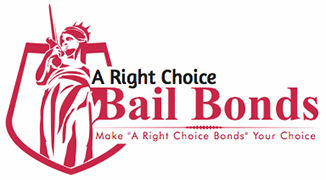 Bail is complicated, and it’s made tougher by the heightened stress surrounding it. No one wants to have to learn about bail systems, but they are an integral part of the justice system in Louisiana. If you’re faced with paying bail, you may need the financial assistance that is available through a bail bond. Before you sign a contract, it could help to know some of the most important Louisiana bail laws.
Bail is complicated, and it’s made tougher by the heightened stress surrounding it. No one wants to have to learn about bail systems, but they are an integral part of the justice system in Louisiana. If you’re faced with paying bail, you may need the financial assistance that is available through a bail bond. Before you sign a contract, it could help to know some of the most important Louisiana bail laws.
Failure to Appear in Court
In Louisiana, if a defendant secures a bail bond, the bondsman becomes legally responsible for ensuring that they appear for court dates. That’s the general purpose of bail, and a bond adds a degree of assurance to the process.
Because the bondsman is legally responsible for the defendant, they are granted powers by the state to carry out that duty. In short, a bondsman can arrest a defendant for failing to appear in court. That is part of the bondsman’s responsibility and authority.
The bondsman does not have universal authority to make arrests. They can only do so under the mandate of ensuring court appearances.
Refunds
If a court case is dismissed or if the prosecution drops charges, then any bail set by the court will also be dropped. If you pay the bail yourself, you will be completely reimbursed upon the dismissal of the case. That also means that the bond agency is off the hook for any money they might have otherwise owed the court.
Despite that, a dismissal of a case does not absolve defendants from bond fees if they enter into a contract. Virtually all bail bond contracts will explain up front that there are no refunds, and Louisiana law backs these policies. If your case is dropped, you will not be on the hook for bail, but you will still be obligated to pay any bond fees to which you agreed.
Bond Collateral
It is standard practice for the bondsman to require you to provide collateral against the bond. Essentially, if you miss a court appointment, the bondsman will have to pay the full bond. In this event, they will be entitled to collect any collateral that you provided. In most cases, if you make all your court appointments, the court will release the bond funds back to the bondsman, and collateral will not be collected.
Failure to Pay Fees
Even though the bondsman has the authority to make arrests under specific circumstances, they do not have the authority to take direct, personal action for a failure to pay bond fees. Bond fees are typically 10%–12% of the total bail, and it is common practice for those fees to be paid in installments.
If you miss a payment, the bondsman cannot unilaterally revoke the bond. Nor can they immediately collect collateral. Instead, they must seek compensation through a separate court filing. That said, if such a filing sides with the bondsman, you may be responsible for penalties in addition to the original bond fees.
Revocation of Bonds
A bondsman cannot revoke a bond in Louisiana. This applies to more than just a situation where fees are not met. There are no circumstances in which a bondsman can revoke a bond without court approval. This even applies to failure to appear in court. That said, the bondsman typically has sufficient knowledge of the system and resources to pursue legal recourse if you violate any terms of the agreement.
Even though a bail bondsman might not be able to revoke your bail, there are situations where the judge might decide to revoke your bail. They include:
- Failure to appear. You need to make sure you show up in court for all necessary court dates. You might be required to report to court several times before your trial, and you need to make sure you work with your attorney to understand when you are physically required to be in court.
- Arrest for another crime. As a condition of your bail, you might be required to stay out of trouble. If you are arrested for another crime while you are awaiting trial on your current charges, the judge may decide to revoke your bond or make you pay a higher bail as a consequence of your subsequent arrest.
- No-contact order violations. If there is an alleged victim in your crime, you might be required to stay away from that individual until your trial. If you contact the alleged victim in any way, the judge may decide to revoke your bail.
- A positive test for drugs or alcohol. Depending on the nature of your arrest, you might be required to refrain from using drugs or alcohol until the trial is over. You might be required to undergo several tests related to drugs and alcohol, and if you fail one of them, you might have your bail revoked.
If your bail is revoked, you may have to wait in jail until trial. That is why it is important for you to understand the conditions of your bond and adhere to them carefully. A bail bondsman can help you make sure you understand the rules.
Contact A Right Choice Bail Bonds
Now that you have a better understanding of some of your fundamental rights and the laws surrounding them, you can consider bail bonds as a means of meeting court demands. In general, your bondsman will know the laws and work with you to make sure everything is done correctly and you or your loved one can stay out of jail during the proceedings. If you’re ready to take that step, you can have a conversation with an agent at A Right Choice Bail Bonds.
